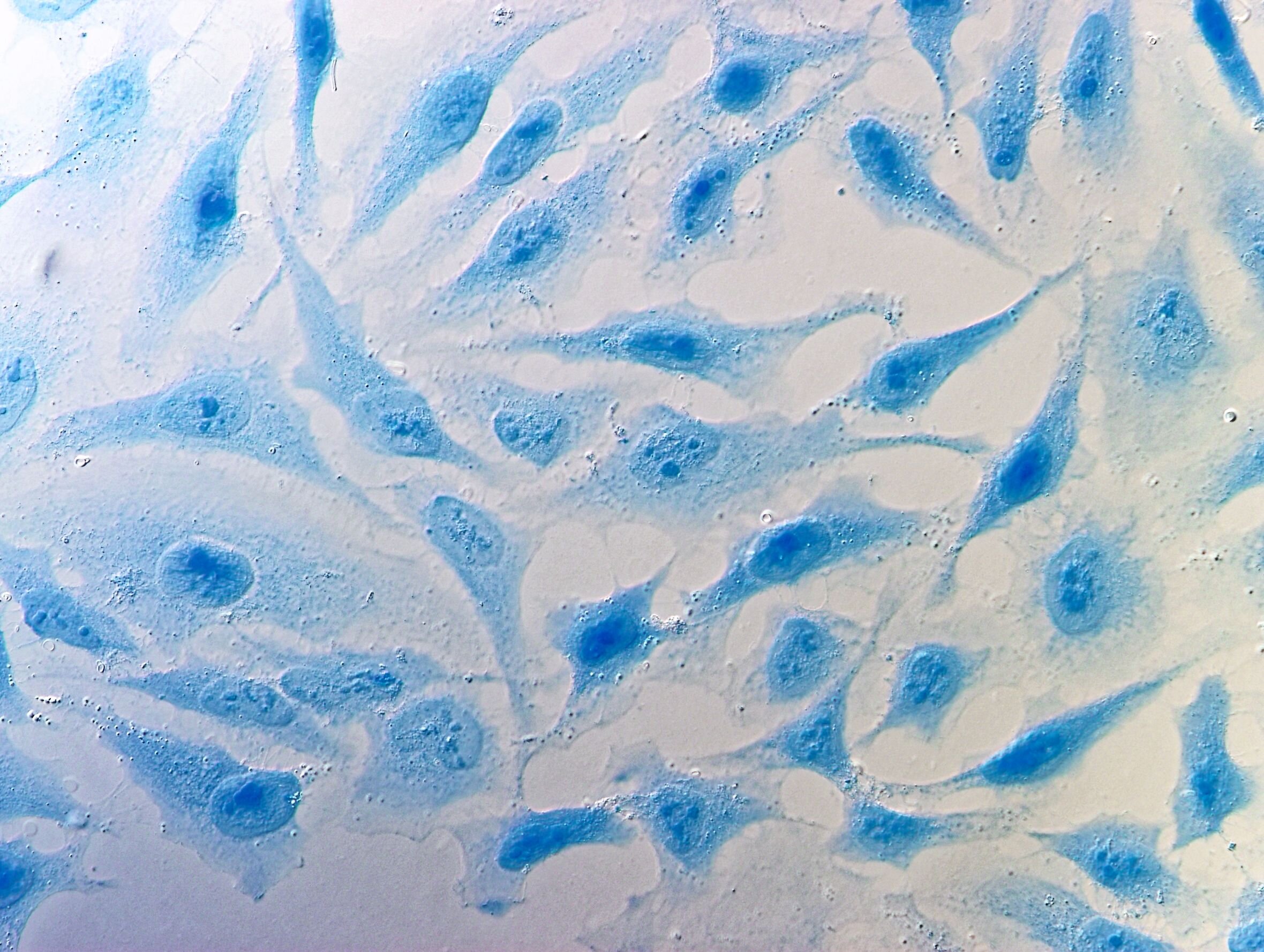Truly, community gardens are beautiful, peaceful places that allow us to connect with nature and contribute to our neighborhoods. That’s part of the reason why the BioEnergy project presentation for the ISC Research Symposium at UCSD caught my eye. I wanted to learn how Agrobiology technology can support food security.
Read MorePeptide drug biosynthesis or chemical synthesis, which will be more sustainable?
Improved efficacies have led to a surge of interest in peptide drugs, classified by the U.S. FDA as biologics. As peptide drug discoveries proliferate, rather than allowing un-sustainable production methods turn the field into a victim of its own success, researchers aim to enhance peptide manufacturing. The bar set for sustainable peptide manufacturing requires it to be faster, cheaper, and more environmentally friendly than conventional methods.
Read MoreAdd operational resilience to the life sciences by targeting cold shipping waste
The concept of ‘operational resilience’ factors in the ways to keep working in changing conditions. As a biologist, you might think of it as applying the principle of adaptation to your lab work. Today’s blog shares simple and effective ways that you can add resiliency to cold shipping biologicals.
Read MoreSteve Miller from Eversource brings ‘positive energy’ for environmental stewardship to biotech, pharma and academic labs, seen here in Cambridge Massachusetts..
Empowering scientists in laboratories: Q&A with Steve Miller from Eversource
There is an invisible obstacle to running an environmentally responsible laboratory. It’s something that is easily forgotten, easily dismissed, or even totally unrecognized. Since it is relatively inexpensive and intangible it appears immaterial to pollution. None the less it contributes to the surprising fact that pharma emits more greenhouse gases than the auto industry. Have you guessed yet? The invisible obstacle is saving electricity.
Read MoreLaboratory sustainability in the Coronavirus crisis
Laboratory sustainability is designed to both protect our environment and to target laboratory operational efficiency. Today, lab efficiency is being tested as scientists tackle vaccine development., low lab stocks and lab disinfection concerns.
Read MoreThe CSL labs in Montreal are about 15 minutes away from the Biosphere, the only museum in the Americas dedicated to understanding and protecting ecosystems. Isn’t the Saint Lawrence river lovely?
ECCC Aquatics Labs ensured transparency for a new mixed lab plastics recycling program
A team of nine women working in the aquatics labs at the Centre St-Laurent (CSL) in Montreal has launched a lab plastic recycling program that overcomes some of today’s biggest challenges - #1 finding a service that will accept mixed lab plastics and #2 making the process user-friendly. Most importantly, this lab recycling program establishes transparency.
Read MoreThat familiar view of HeLa cells stained with Coomassie blue.
Could Ozone be used to overcome single use plastic waste in cell culture?
Cell culture vessels are one of the most challenging areas of single-use plastics to consider eliminating from biology labs. Never known for complacency, scientists are seeking are already seeking higher performance to optimize cell culture conditions. From a “labconsicous” perspective, ideally, both cell culture growth conditions and sustainability could be improved. This post considers a controversial idea. Could a system for reusable mammalian cell culture plastic flasks ever be developed?
Read MoreUniversity of Cambridge Chemists collaborated with Genlab engineers to design a faster, safer and more energy efficient lab dryer: the E3
Scientists depend on an ecosystem of supporters to run laboratories. Today’s blog features a collaboration initiated by University of Cambridge chemists with Genlab engineers, that resulted in a revamp of the humble lab drying cabinet. The result of this design collaboration is the e3. It’s a machine that dries faster, has precise digital temp settings and can save 72% of energy.
Read More







